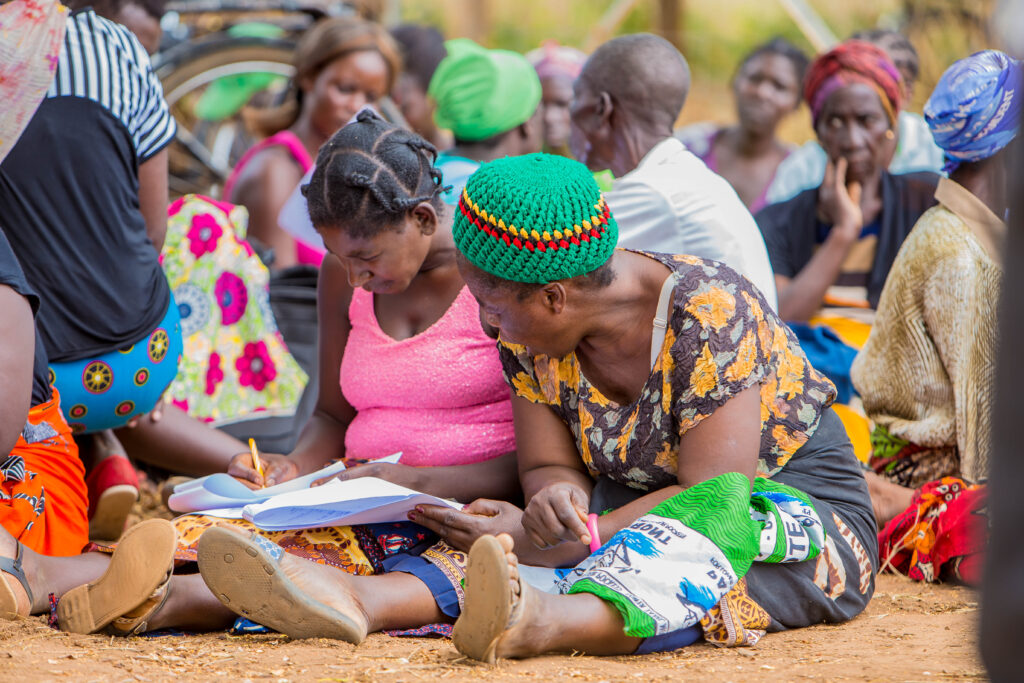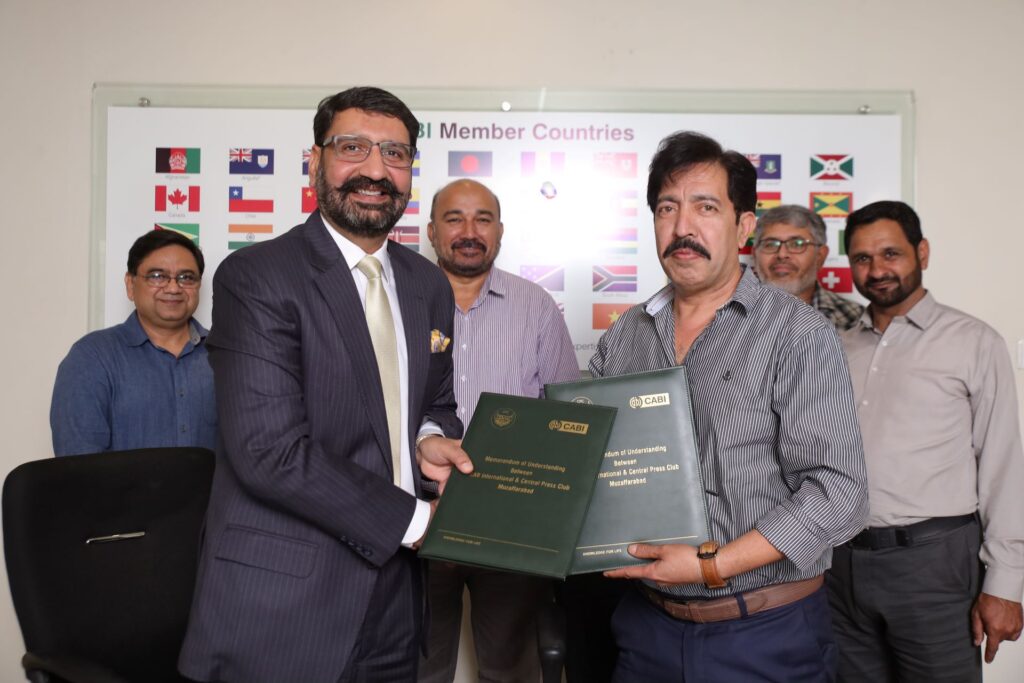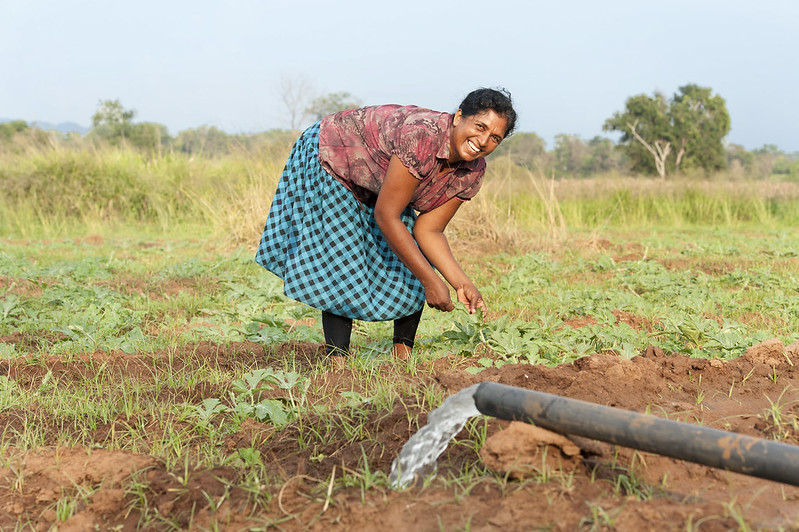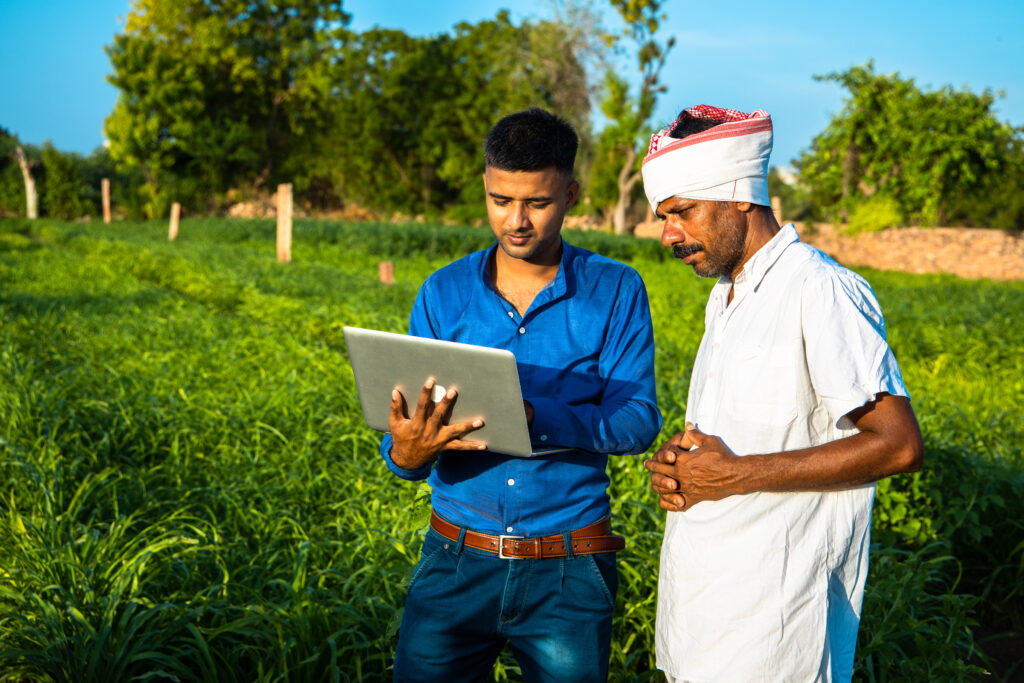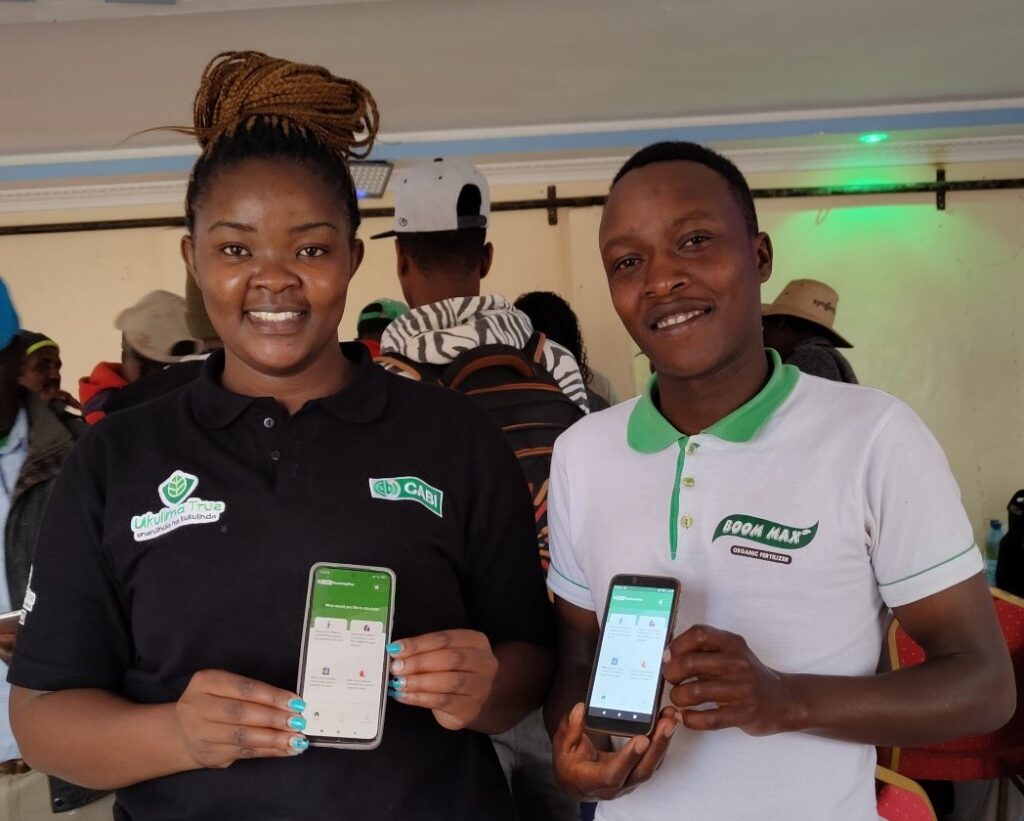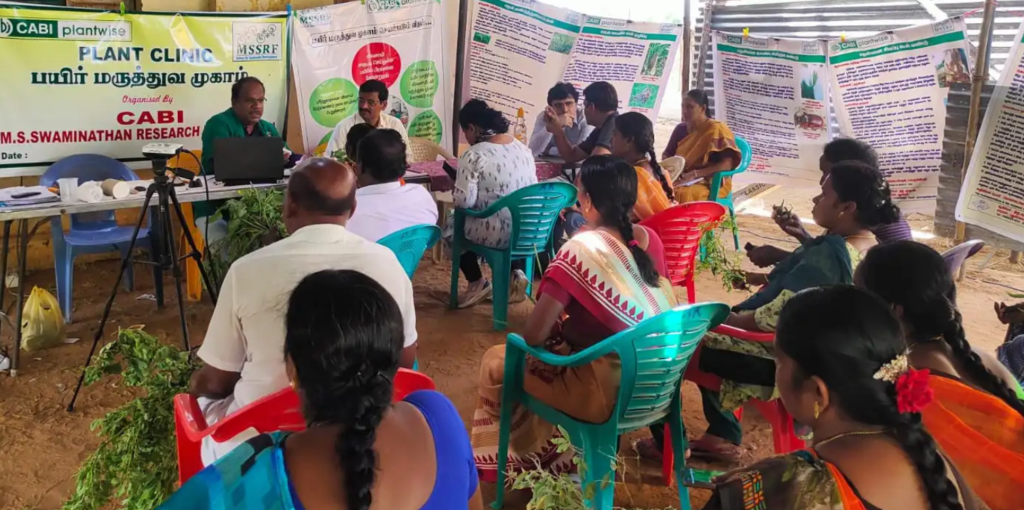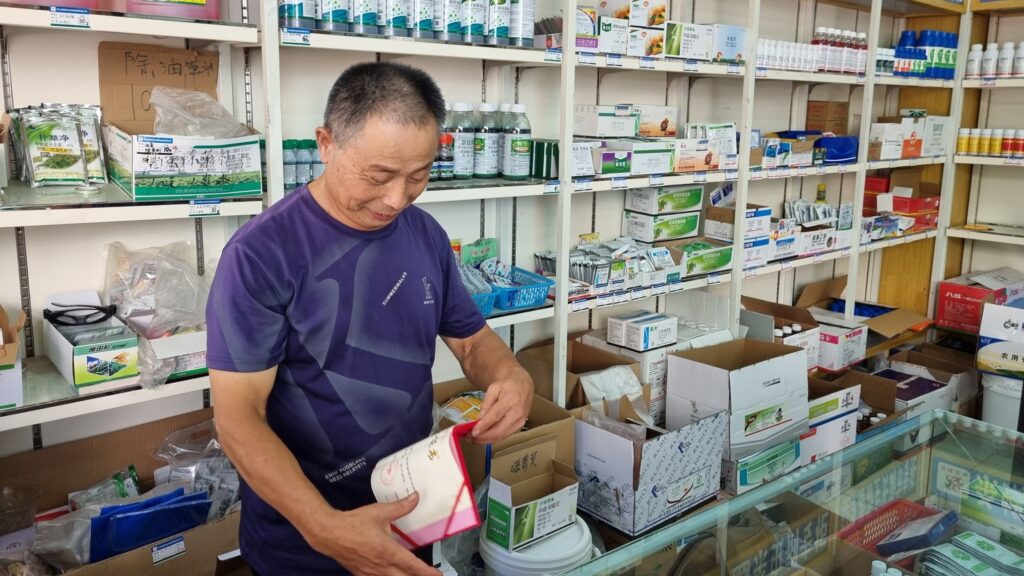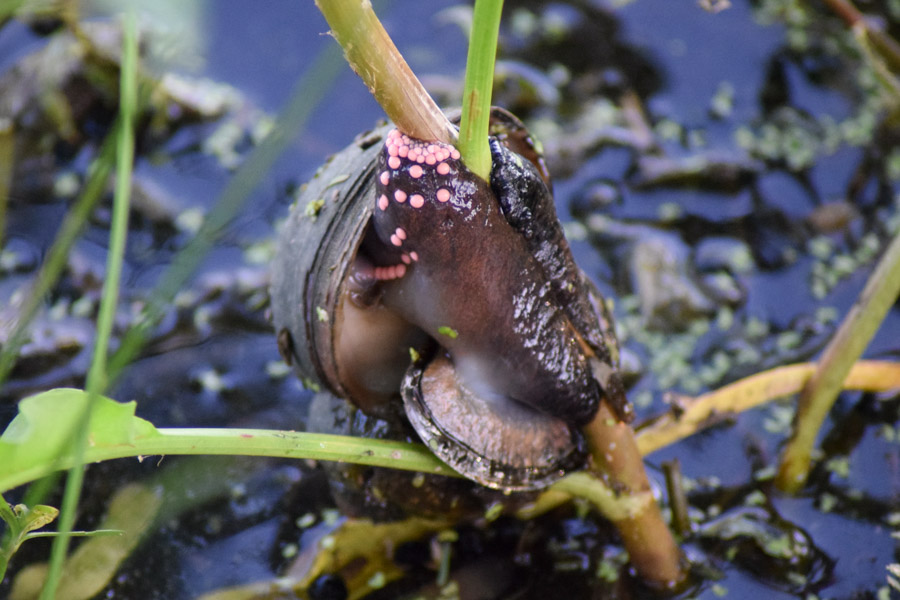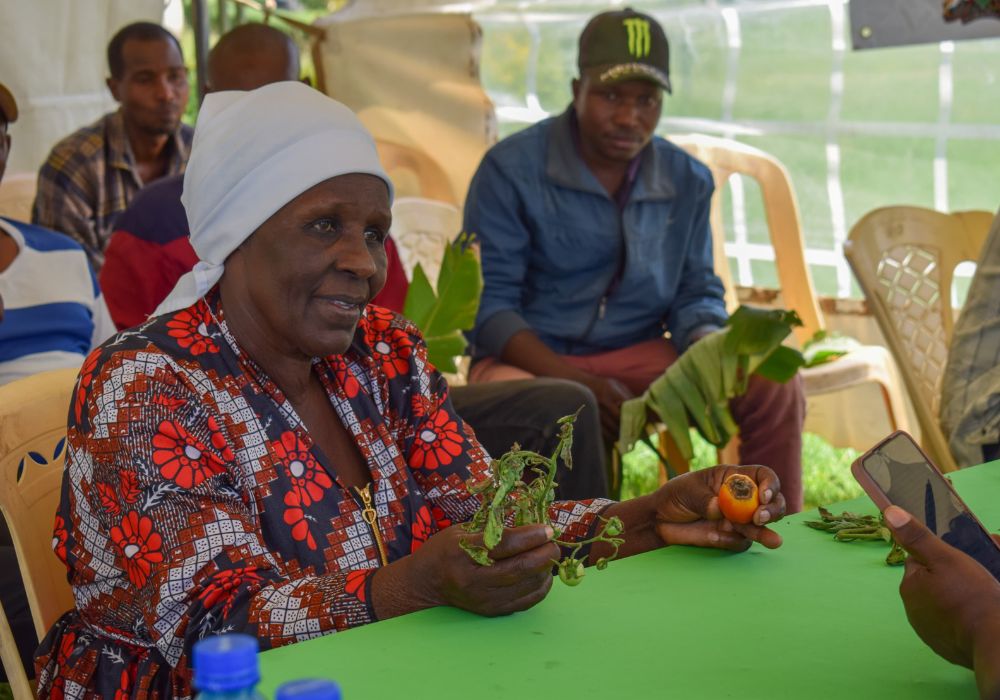5 reasons to increase gender-equal education in agriculture
In agriculture, a domain where women play a pivotal yet often underrepresented role, promoting gender-equal education is not just a matter of equity but also a catalyst for community advancement. International Women’s Day, recently celebrated, serves as a poignant reminder of the strides made and the challenges that remain in achieving gender equality across various…
PlantwisePlus Knowledge Bank 2024 wrap up
As the new year begins, it’s time to take a look back at the highlights for the PlantwisePlus Knowledge Bank in 2024 2024 in numbers In 2024 there were over 1.8 million visits to the PlantwisePlus Knowledge bank. That is a 3 fold increase in visits from 2023. People from 230 different countries used our…
Safer pesticide use: Voluntary standard for agro-dealers launched in China
On December 26, 2024, Sichuan Province launched a significant initiative: the “Establishment Specification for IPM Promotion Pesticide Stores.” Written in collaboration with local partners and PlantwisePlus, including CABI’s Dr Min Wan, this new voluntary standard aims to reform agro-shop operations in China. Starting January 1, 2025, it promotes safer pesticide use aligned with Integrated Pest…

